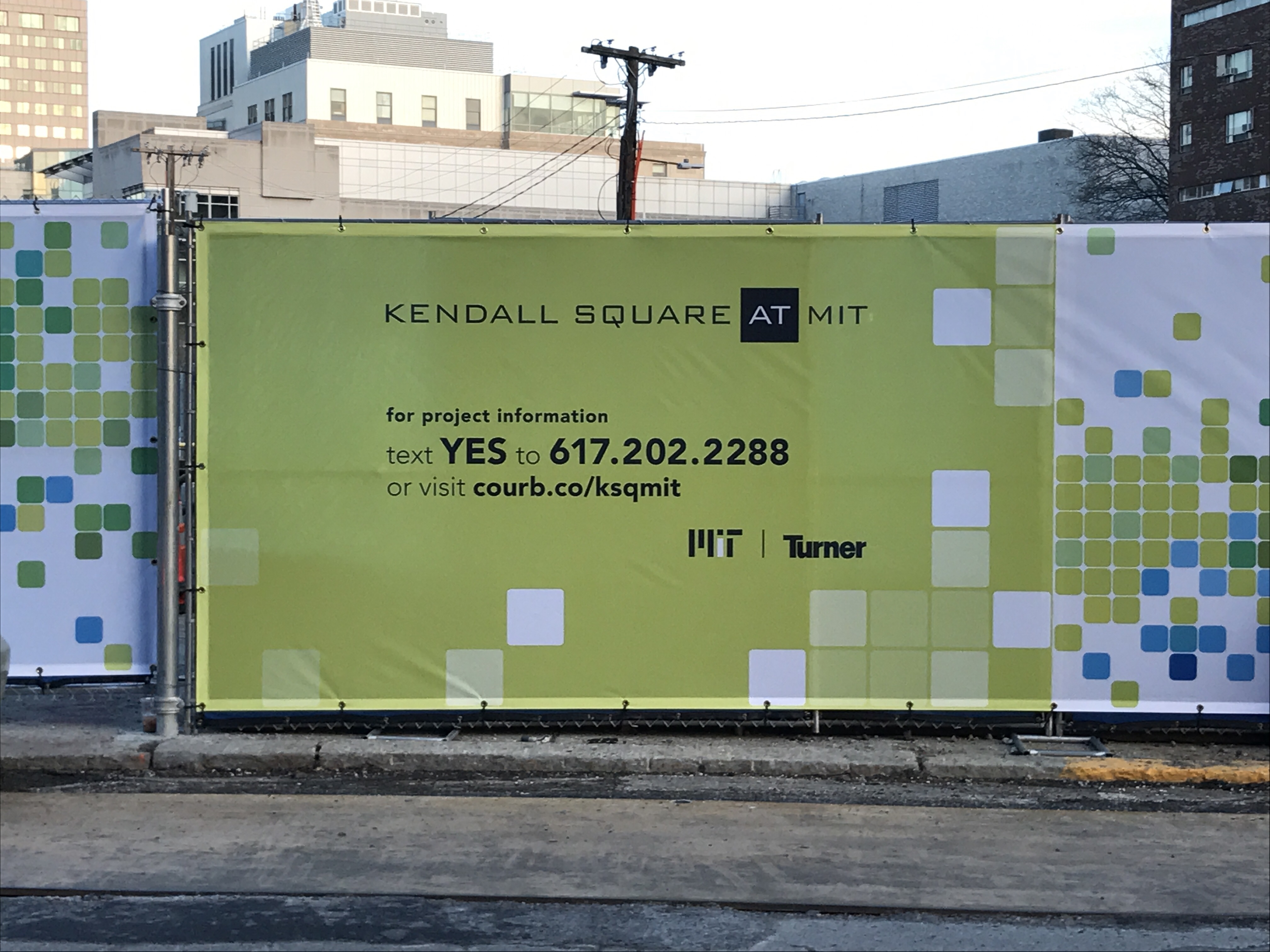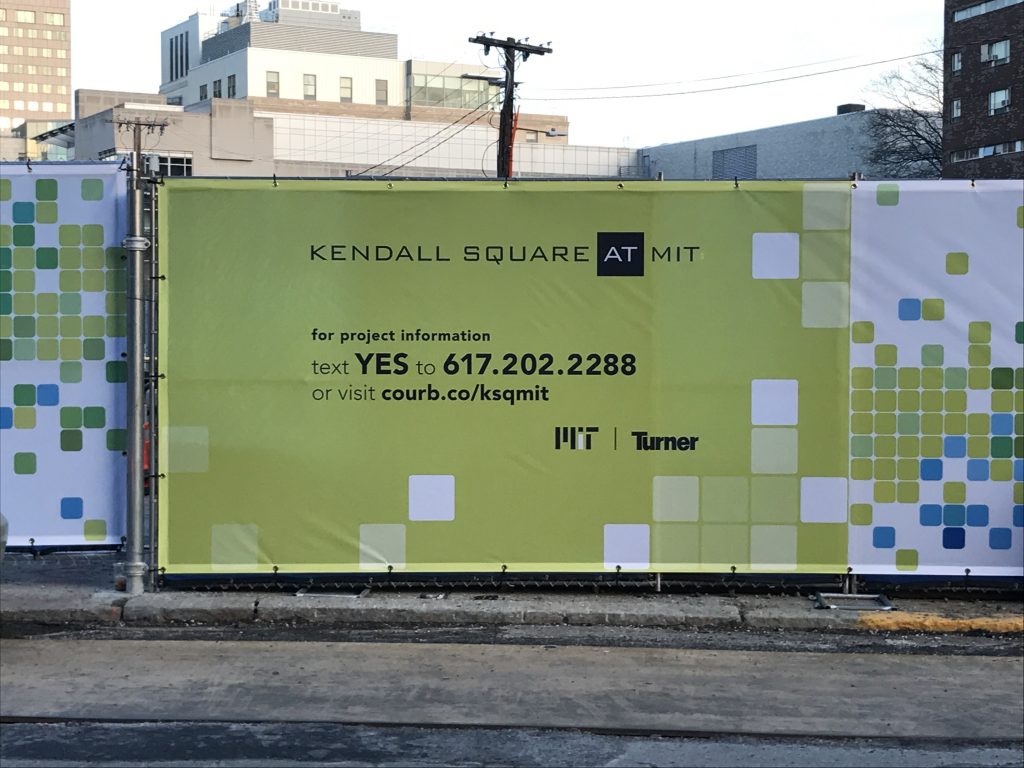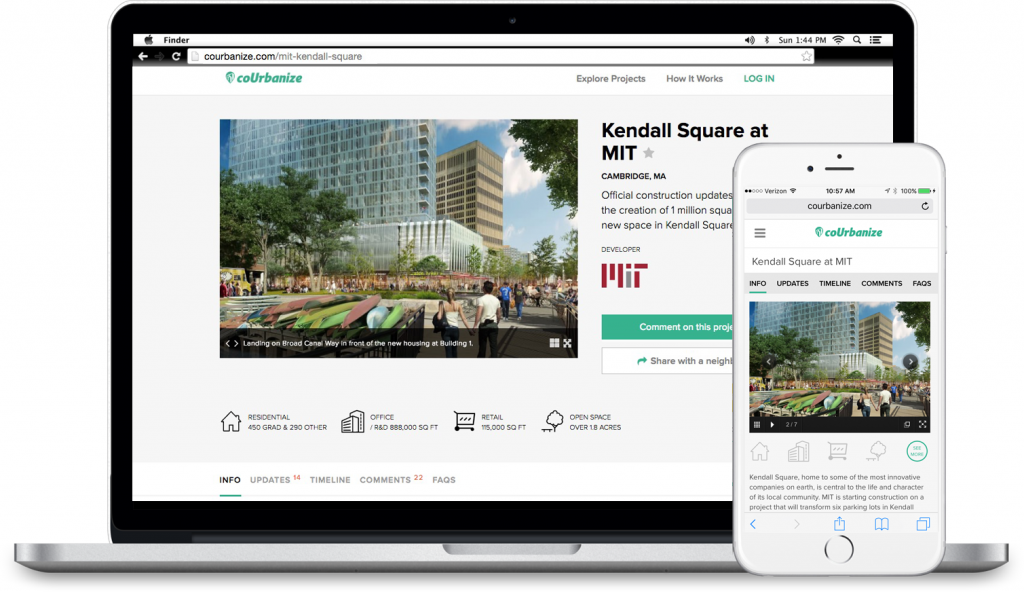Tech + Community = Better Connections
-
-
slice.mit.edu
Filed Under
Recommended


The idea for coUrbanize came from Brandt and Quinn’s frustration with the real estate development process. “We would have big plans to create change in a community and we were being stymied by a small vocal opposition at community meetings,” Brandt says. “I thought there must be a way to drive more fact-based conversations and get more people involved in community development.” With an idea to give developers a direct access point to community members online, Brandt and Quinn got to work on their startup. “I remember one real estate developer saying that any information they have about what the community thinks before a meeting is gold,” she says. “I knew then that we had a solid idea and a clear customer.”

The company does not intend to replace community meetings, but instead to bring more people into the conversation—especially developers. “The traditional approach for developers is often to hide under the table and hope no one hears about their project,” Brandt says. “coUrbanize gives developers control of the conversation, but does so in a transparent way.” With coUrbanize, developers can explore feedback and issues before presenting to communities at traditional meetings. “We’re hearing more from the silent majority,” Brandt says. “We see a lot of people of various ages commenting. Our developers say they see more of younger people commenting on the website than they do in just the community meetings,” Brandt says.
coUrbanize has helped to connect developers scale their community outreach on over 200 projects in the US. Many projects go far beyond updates and questions and answers—developers are also using coUrbanize to give community members a creative stake in the development process. In Los Angeles, developers use the online platform to develop a master plan for public art and murals in Glendale. In New York City, Lowline developers use coUrbaninze to get input to transform an underground trolley station into a community space.
As more developers join coUrbanize to share their projects, Brandt says conversations about community development are becoming more accessible. “We’re focused on really lowering the barrier to entry, to make it so that you don’t have to have a lot of institutional knowledge to influence and shape your community,” Brandt says. “Even just saying ‘Hey we need more safe spaces for people to sit and chat’ that’s a totally valid comment—and people often share things just like that.”







